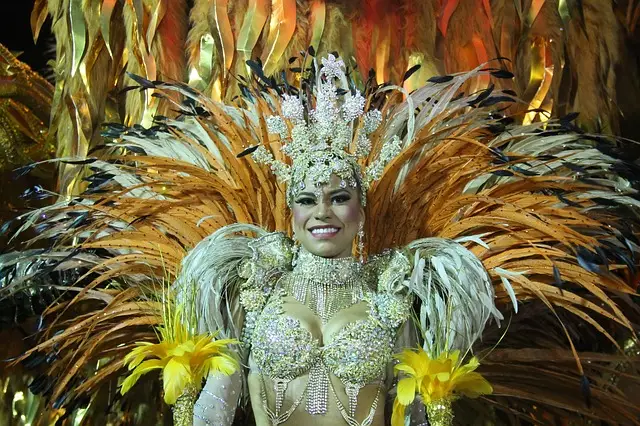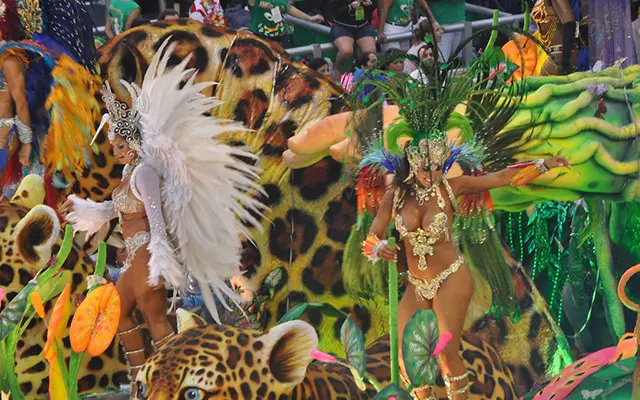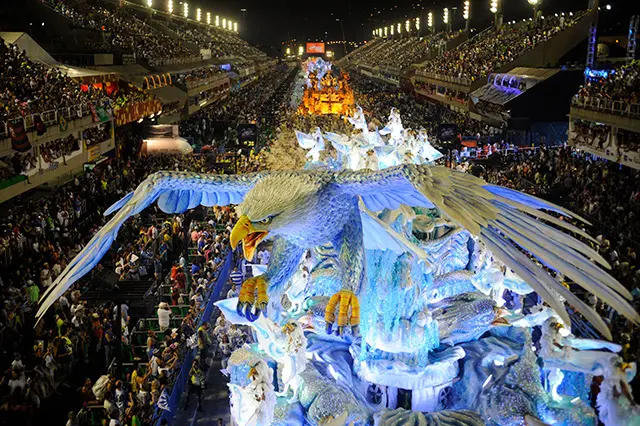What is the carnival?
Investigate the origins and the fundamentals of one of the most cheerful and highly anticipated traditions of the Christian calendar.
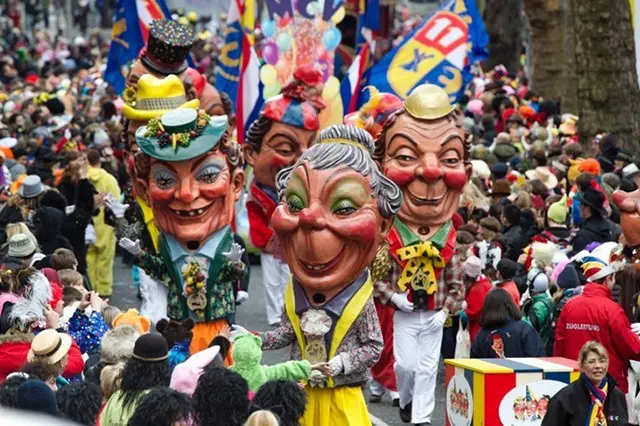
Carnival refers to the festive season occurring before the season of Lent that is encountered in Christian calendars. It involves a series of festivities taking place during the pre-Lent period which falls in February or early March. It is a time when people set aside the norms of their everyday life and participate in a vibrant party that celebrates life and community.
Other Names
- Carnaval
- Shrove Tuesday
- Pancake day
- Mardi Gras
- Fastelavn
Carnival events include public celebrations and parades which involve plenty of circus oriented elements. Various disguises, masks, and elaborate costumes help people to skip societal barriers, express themselves, and feast in a sense of unity. In numerous festivals and events around the world, the social and political satire, the abusive language as well as the mockery of norms and authorities are fundamental elements of the celebration.
Carnival: Many reasons to celebrate
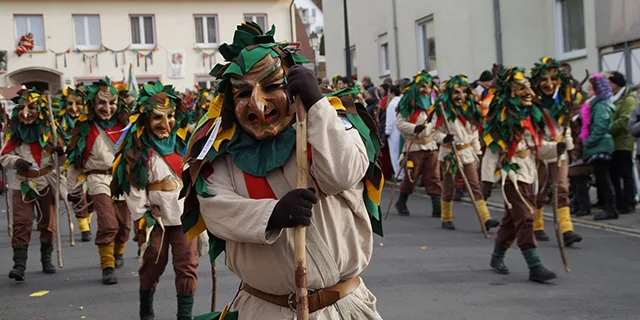
Carnival is an essential element in the eternal cycle of the church year. In Christianity, Lent is the 40-day period prior to Easter when the faithful, in anticipation of Jesus’s death and resurrection, are encouraged to abstain from certain luxuries and pleasures including eating rich foods, drinking alcohol and others. The carnival falls in the pre-Lent period either in February or in March, and it is considered as the final opportunity for a great feast before the upcoming period of solemn religious observance and prayer.
Traditionally, the carnival was a period when the winter stock including meat and other animal products were about to be consumed since the upcoming spring would provide new food sources. The biggest part of the winter was behind and the approaching regeneration of nature was bringing hope and happiness. Sexual desires and enjoyment which were to be suppressed during the following fasting period had enough room to be expressed at an occasion when indulgement and fun were totally accepted.
Where and when it is celebrated?
The Carnival celebrations start two weeks before Fat Tuesday and culminate until that day, just before Ash Wednesday when the period of Lend starts officially. On the other hand, for German-speaking Europe and the Netherlands, the carnival period starts already from the 11th of November and is related to harvest celebrations and the Advent season.
Extended Carnival events are held in areas with a large Catholic population since it is historically related to South European Catholicism and was spread as a custom during the era of colonization. In Anglican and Methodist areas the feast is called “Shrove Tuesday” or “Pancake Day” and people consume all luxury and perishable food before the Lent. For Orthodox Greeks, the feast is observed as “Karnavali”, while for Eastern Orthodox nations the corresponding celebration is Malenitsa. In Evangelical Lutheran countries the name of the festival is Fastelavn, while In the USA, states with French colonial past (like Louisiana) observe Mardi Gras.
What does Carnival mean?
Etymologically, the word Carnival can be traced to the Latin “carne levare” which means remove meat. It points out the Christian origin of the celebration since it signifies the upcoming period of Lent when meat consumption is prohibited due to the fasting. Another approach argues that Carnival derives again from the Latin “carne vale” but in this case, it is translated as “a farewell to flesh” and encourages the festival participants to leave aside their everyday individuality and experience the carefree spirit of the festival.
Carnival roots
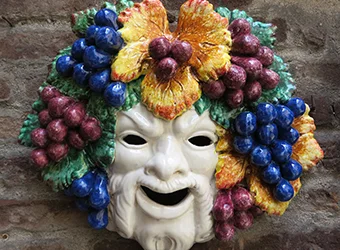
According to historians, the origins of Carnival have some ambiguous and obscure aspects. Although, the character of the feast and its relation to the Lent that follows is Christian, there are some scholars who connect it to some pre-Christian rituals.
Those were parts of some pagan festivals celebrating the new year and the rebirth of nature with roots to Ancient Greece and Rome. The most famous were the bacchic Dionysian rituals dedicated to the cult of wine's God Dionysus.
Despite this approach, many researchers point out that there is actually no concrete evidence that the current celebration is a direct successor of those ancient springtime festivals, as well as the vast majority of the involved rituals, have a medieval origin.
Significance of Carnival
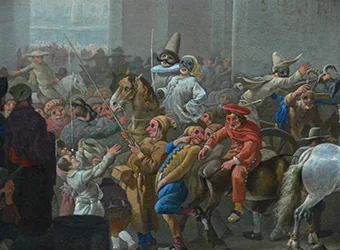
Carnival is a festival with great significance for many countries and communities, while more interestingly it is an event with numerous “obvious” and “less obvious” aspects. Among others, we can point out the societal, the cultural and even the political elements that are involved in the event.
Firstly, it is a feast with great social acceptance since it offers the opportunity for great public celebrations by bringing together all the people regardless of their status or background.
Additionally, its long and persistent presence through history preserved a series of features of the folklore and the cultural evolution at the community level. Parallel to that, it was always considered as the feast which challenges the norms, the social order, and the statuses. It was a time when everyday people had the opportunity to criticize the “rulers” while the satire, the grotesque body, and the disguises were getting the power to put hierarchy into question and to stimulate transformation.
Undoubtedly the festive events of Carnival include some implications of democracy, societal unity, and free speech during the centuries.
